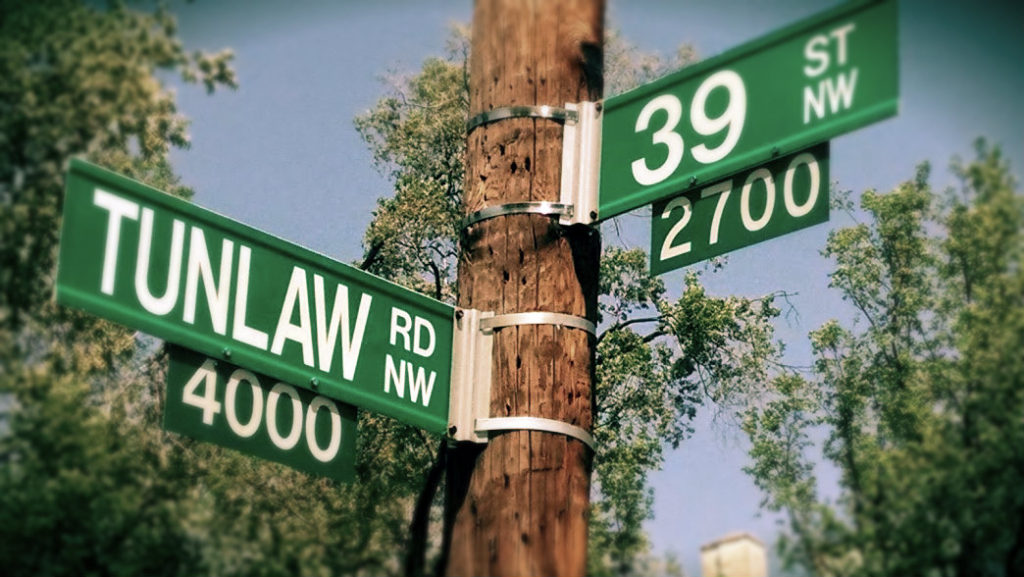Dear Friends of the Pub Quiz,
As an unwise teenager, I scheduled my entire college career around geography. Growing up in the cultural Mecca of Washington DC, I resolved not to go to college in a small town like Davis, choosing to spend my undergraduate years at a colleges in big cities. If it were not for all the great friends and professors who I met at Boston University, on some days I wish I could go back in time to have a longer discussion with the college counselor about the sort of undergraduate experience would best suit me.
Perhaps public transportation and bike-riding contributed to my love of cities. While many high school students were looking forward to acquiring their first car, I treasured my bike rides through Rock Creek Park. As a result, today most people are “better at” cars than I am. For example, when my wife Kate drives us to a function or to pick up one of our kids at school, she will often comment on the cars in the parking lot, pointing out which cars belonged to which of our friends. My friend Evan points out the makes and models of fancy and expensive cars that he has encountered on the streets of Davis or San Francisco. I myself don’t have these abilities or enthusiasms.
As these examples about friends and design mastery indicate, cars mean different things to different people. Cars can stand for the ideas of community or status, but I would also argue that they can stand in for ideas themselves. As a writer, I’m always on the lookout for the topic or the angle of my next book or essay, for the image that might appear in my next poem or short story, or for a discovered fact or statistic that would warrant a Pub Quiz question. Sometimes the ideas come to me as often as the cars driving down Tunlaw Road, the busy street where I grew up. As a child, before falling asleep I would watch multi-colored shadows appear on my bedroom wall, cast there by the red, yellow, and green colors of the stop light at the corner of Tunlaw Road and Calvert Street. The Glover Park neighborhood was my haven.
When working on writing projects, some of us take in ideas the way that Tunlaw Road accepted motor vehicles. On some days there are too many to choose from, almost too many to count. One thinks of Russell and Carl Fredricksen counting the red cars and the blue cars in front of the ice cream shop.
I’ve also sampled rural. In addition to living in the small town of Davis in the big city of Washington DC, I have spent many a week of my childhood sitting on the front porch of my grandmother’s cabin in Beavertown, Pennsylvania, a Snyder County township that at the time had a population of about 800, many of them Mennonite and some of them Amish. One would see horse-drawn carriages with a large reflector on the back parked in front of the town’s only grocery store.
The family cabin was the last structure on Reservoir Road, about halfway up Shade Mountain. A car coming all the way to our neighborhood was an usual event, usually one that stopped the conversation or the card game on the porch: we would put down our cards and strain our necks to see who it was. Usually the driver was a visitor to our house, a visitor to Aunt Eunice‘s house next-door (Eunice was born in the 19th century), or a hiker, hunter, or water quality control worker driving farther up the mountain to the reservoir or to an adventure up the mountain.
Back to my extended metaphor, some of us collect ideas the way that the top of Reservoir Road welcomed cars: rarely, and only one at a time. Ideas that infrequent inspire reflection and conversation, rather than mere collection and evaluation.
I’ve been reading a trio of books on writing quickly, books that suggest that any author who limits himself to writing only a book a year is a rank amateur. And indeed when I’m working with some of my undergraduate assistants, imagining the scope and purpose of big writing projects, I consider so many project ideas that I feel like I’m watching cars on Tunlaw Road.
But when I’m taking long walks on the Greenbelt with Jukie and our French Bulldog, something I got to do three times yesterday, I feel like I’m back in Beavertown, wondering what friend or stranger, that is, what fresh, ponderable idea, is approaching Ternes Creek for a visit.
In addition to topics raised above, tonight’s Pub Quiz will feature questions about the following: insects, Smithsonian magazine, confessed love, renamed streets, love rules, faraway countries, social justice activists, letters of the alphabet, family drama, the example of Lithuania, outdoor comfort in New York State, films with happy endings, the populations of American cities, definitions of luck, the population of Davis and other cities, chips, commercial organizations, the majesty of California, hypodermics lost in bogs, the weather, confidence, frolicking Davis visitors, Olympia, John Goodman projects, ribs, the keeping of secrets, old luxuries, the long shadow of Britain, and Shakespeare.
Our next Poetry Night on June 6th will feature CSUS professor Brad Buchanan. Google this poet to learn more about the story he has to tell!
Happy Memorial Day to you and your families. I look forward to seeing you this evening at 7. If Pub Quiz keeps you up too late on Mondays, perhaps now would be a good time to take a nap so that you are ready.
Dr. Andy
Your Quizmaster
https://www.yourquizmaster.com
P.S. “Patriotism is not short, frenzied outbursts of emotion, but the tranquil and steady dedication of a lifetime.” Adlai Stevenson




